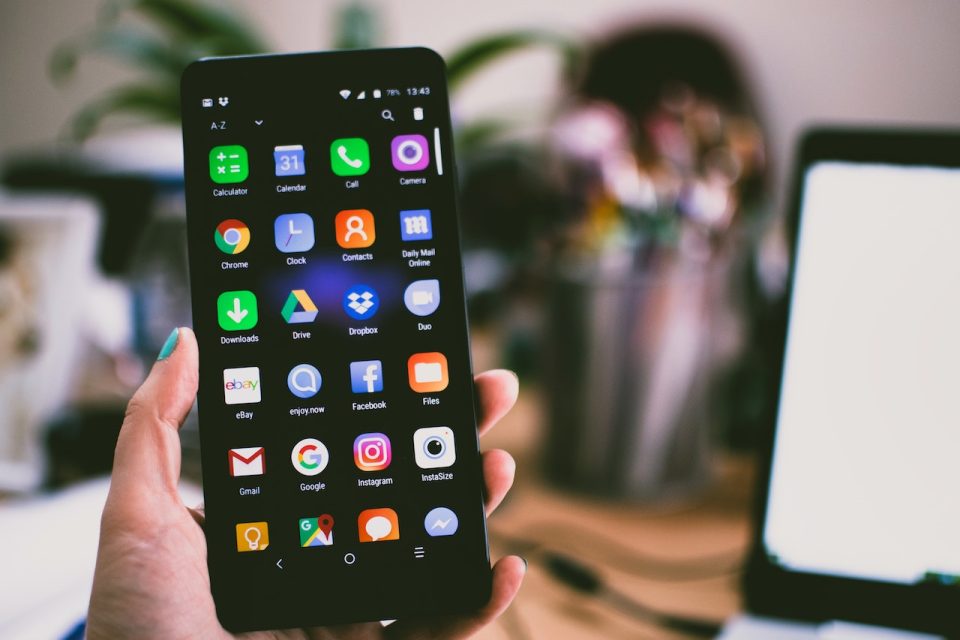Apple has taken a significant step to address concerns over radiation levels in their iPhone 12 models in France. The tech giant announced on Friday that it would be issuing a software update for iPhone 12s sold in France, following a settlement with regulatory authorities in the country. This move comes amid rising apprehension in various European nations, with Belgium and Germany launching their own investigations into radiation levels associated with the iPhone 12.
Apple was swift to assert that the iPhone 12 had already been certified by multiple international bodies as compliant with global standards related to radiofrequency radiation emissions. Despite this, the French regulatory authorities expressed their concerns and requested the software update.
The World Health Organization (WHO) has consistently stated that mobile phones, including the iPhone 12, have not been linked to any adverse health effects. Nonetheless, the French government’s decision to ban the sale of iPhone 12 models has sent ripples of unease throughout Europe.
Italy, echoing the French stance, has also urged Apple to update the software on iPhone 12s sold within its borders. Meanwhile, the Dutch Authority for Digital Infrastructure has fielded inquiries from worried consumers regarding the safety of these devices.
French officials welcomed Apple’s commitment to providing the software update, which is expected to pave the way for the iPhone 12 to once again become available for purchase in France. Apple has emphasized that the software update is directly related to a specific testing protocol and does not indicate any safety concerns. It’s worth noting that Apple routinely issues software updates for its devices, primarily to address security issues, and sometimes these updates are specific to certain models or regions.
The crux of the matter revolves around the testing methodology used by French regulators, which employs a measurement known as Specific Absorption Rate (SAR) to gauge the rate at which the body absorbs radiofrequency energy. In the French test, measurements are taken at an ultra-close 0mm distance, while other countries typically use a 5mm distance. It’s important to underline that the regulatory limits set by authorities in all these regions are significantly lower than levels that could potentially pose harm to users. This reaffirms that the iPhone 12, when used within prescribed parameters, is indeed safe.
In the broader context, industry analysts believe that this incident may ultimately fade into obscurity, especially considering that the iPhone 12 model is now relatively outdated. Apple unveiled its latest iPhone 15 model just this week, and the iPhone 12 is no longer directly available from Apple; it can only be purchased from third-party retailers holding inventory or offering trade-in deals.
Nonetheless, the reverberations of this episode have resonated throughout Europe, sparking conversations and highlighting potential issues that warrant attention. Apple reported revenue of over $95 billion from its European operations last year, with an estimated sale of more than 50 million iPhones across the continent. As such, this incident could have far-reaching implications, potentially influencing changes in safety standards, regulatory measures, and altering public perception concerning mobile phone use and safety.
In conclusion, Apple’s proactive response to the radiation concerns by providing a software update for iPhone 12 models in France underscores the company’s commitment to compliance and safety. While the immediate impact of this issue may dwindle over time, its ramifications could reverberate, potentially catalyzing changes in industry regulations and reshaping the discourse on mobile phone safety and usage.
Source: Reuters

